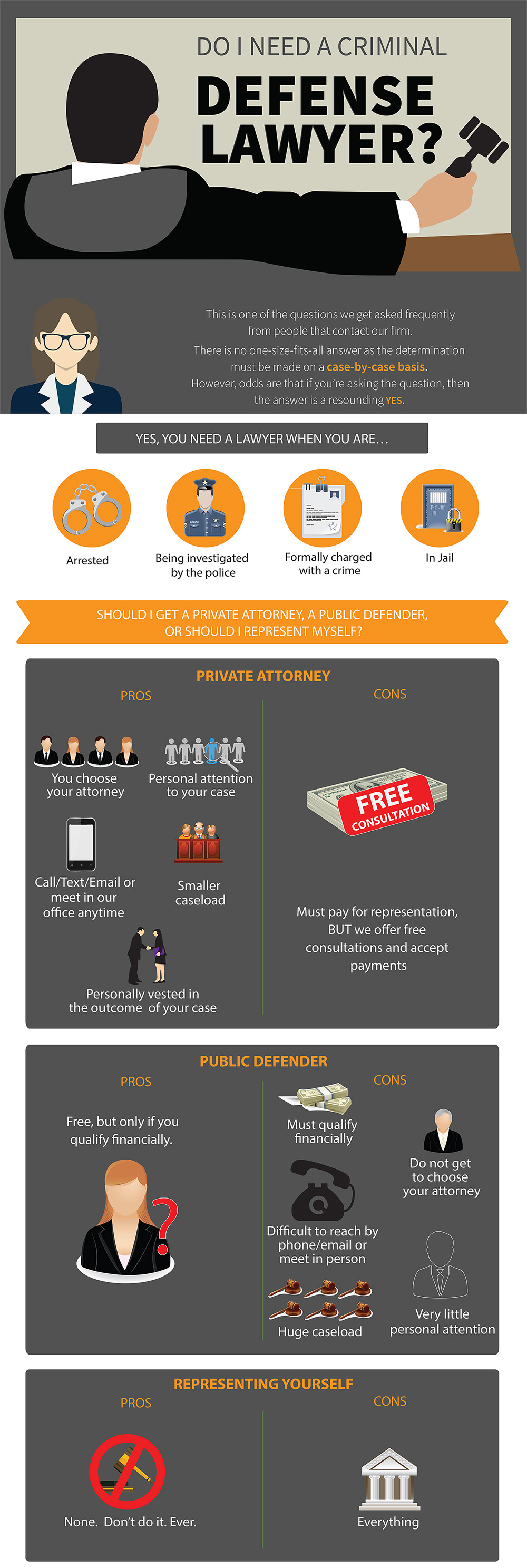Behind The Scenes: Psychology Of Clerical Crook
Behind The Scenes: Psychology Of Clerical Crook
Blog Article
Web Content By-Herndon Raynor
Did you recognize that behind the refined appearance of white collar offenders lies a complicated internet of psychological inspirations? While many may assume that these people are driven only by greed, the truth is much more interesting.
Exploring the minds of white collar crooks exposes an interesting blend of personality traits, social aspects, and concealed wishes that contribute to their immoral activities. Comprehending the psychology behind these crimes not only clarifies the inspirations behind them, but also increases extensive questions about our very own susceptability to temptation.
So, what makes these individuals tick? Join https://lawandcrime.com/live-trials/live-trials-current/alex-jones/alex-jones-defense-lawyer-fears-potential-criminal-prosecution-over-sandy-hook-medical-records-dispute/ as we discover the fascinating world of white collar offenders and uncover the complex operations of their minds.
Inspirations for White Collar Crimes
White collar lawbreakers are encouraged by numerous variables that drive them to participate in prohibited activities for personal gain.
Among the primary inspirations for these individuals is financial greed. They agree to break the law in order to collect wealth and keep a lush way of life.
The desire for power and status is an additional considerable incentive for white collar lawbreakers. They believe that taking part in illegal activities will certainly boost their social standing and give them a sense of prominence and control.
Furthermore, some white collar offenders are encouraged by a feeling of entitlement. They think that they are entitled to more than what they have actually and agree to cross moral limits to accomplish their desired level of success.
Ultimately, these inspirations add to the high frequency of clerical crimes in culture.
Psychological Characteristics of Clerical Criminals
As we explore the emotional traits of people associated with white collar criminal activities, it becomes obvious that their inspirations for engaging in illegal activities are deeply intertwined with their individuality features and way of thinking.
White collar crooks frequently display specific emotional characteristics that add to their involvement in deceitful or dishonest habits. One such quality is a heightened feeling of privilege. These individuals commonly believe that they should have greater than what they have, leading them to engage in unlawful tasks to obtain wealth or condition.
In addition, clerical criminals tend to possess a high degree of narcissism. They have a filled with air sense of self-importance, do not have compassion for others, and are driven by a wish for adoration and acknowledgment.
Finally, they frequently show a tendency for risk-taking, as they think they can outsmart the system and prevent detection.
Recognizing these psychological qualities can provide important understandings into the way of thinking of clerical crooks and assist in the growth of effective avoidance and treatment techniques.
Social Influence of White Collar Crimes
The influence of clerical crimes on culture is far-ranging and diverse. These criminal offenses have substantial consequences that expand past the people directly entailed. Below are four ways in which white collar crimes affect culture:
- ** Economic damages **: Clerical crimes can cause economic losses for individuals, businesses, and even whole economies. These criminal activities can interrupt markets, weaken financier self-confidence, and lead to work losses.
- ** Count on disintegration **: Clerical crimes deteriorate count on organizations and individuals. When individuals witness high-ranking professionals engaging in prohibited tasks, it diminishes their faith in the system and can result in a basic suspicion towards authority.
- ** Social inequality **: Clerical criminal activities typically target at risk individuals or communities, worsening existing social inequalities. These criminal activities can broaden the gap between the rich and the inadequate and bolster systemic injustice.
- ** Legal and regulatory changes **: Clerical criminal activities trigger the application of stricter legislations and policies. Culture typically responds to these crimes by enacting actions to prevent comparable cases in the future, guaranteeing better accountability and openness.
The societal influence of white collar criminal activities can not be underestimated, as it impacts individuals, areas, and the general fabric of society.
Verdict
In conclusion, the psychology behind white collar criminals discloses a complex web of motivations and characteristics. These people are driven by greed, power, and a sense of entitlement, which can have far-ranging consequences for society.
It's important to bear in mind that not all crimes are committed by those we may traditionally connect with criminal habits. As the stating goes, 'the wolf in sheep's garments,' advises us to continue to be vigilant and doubt the true intents of those around us.
